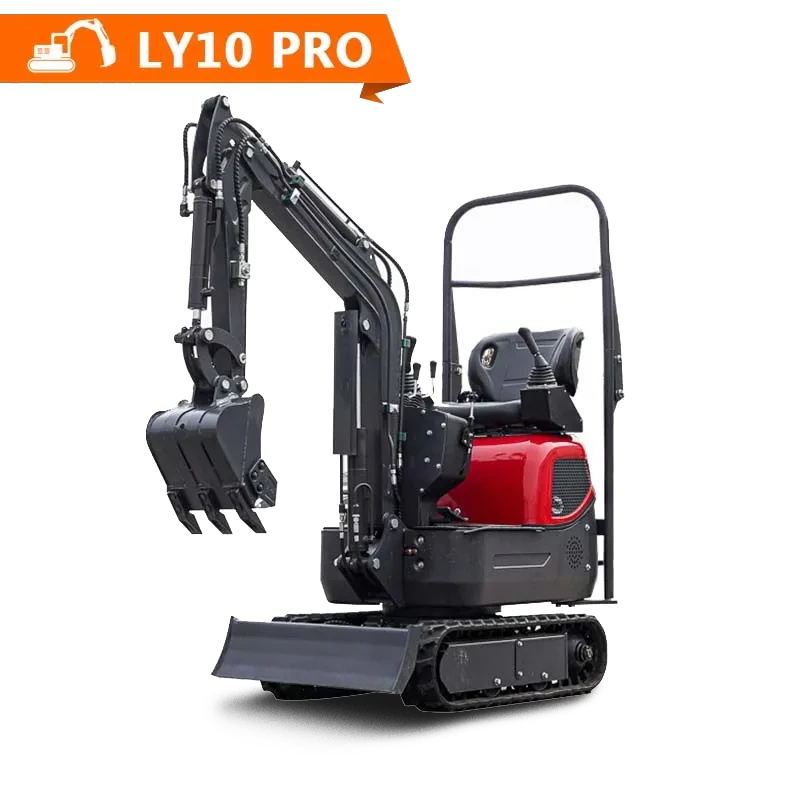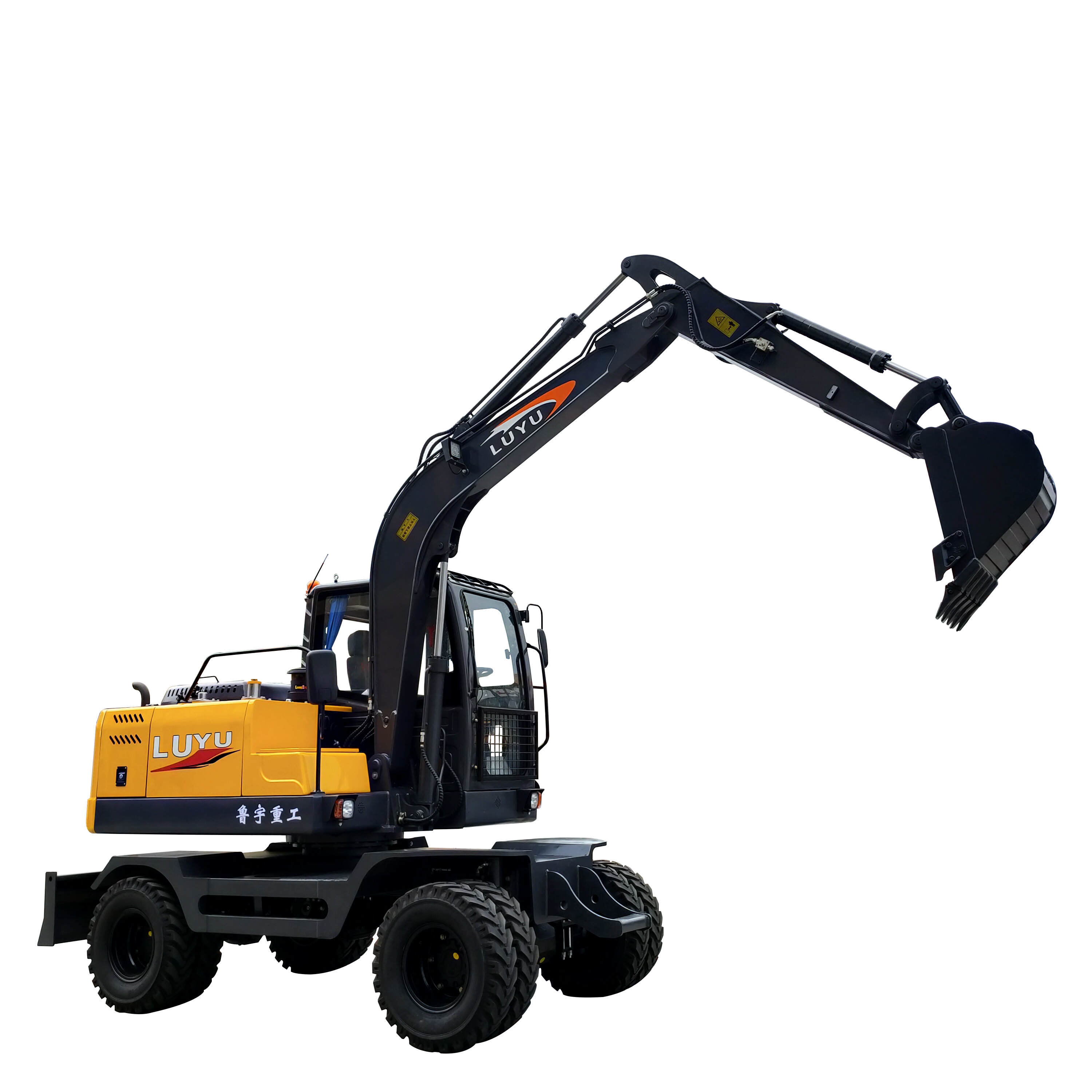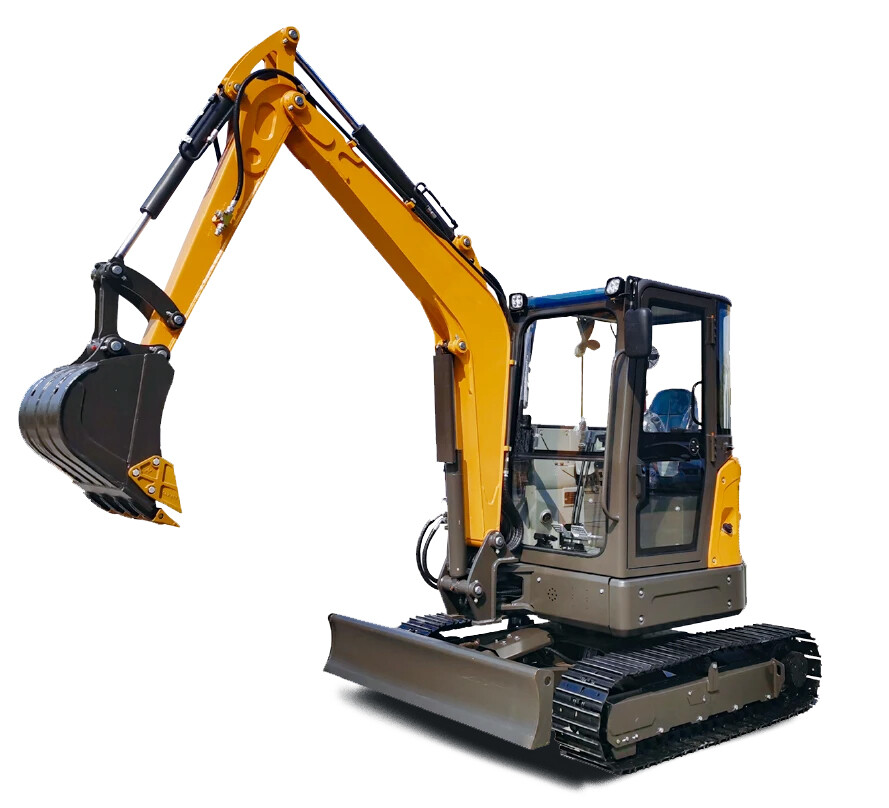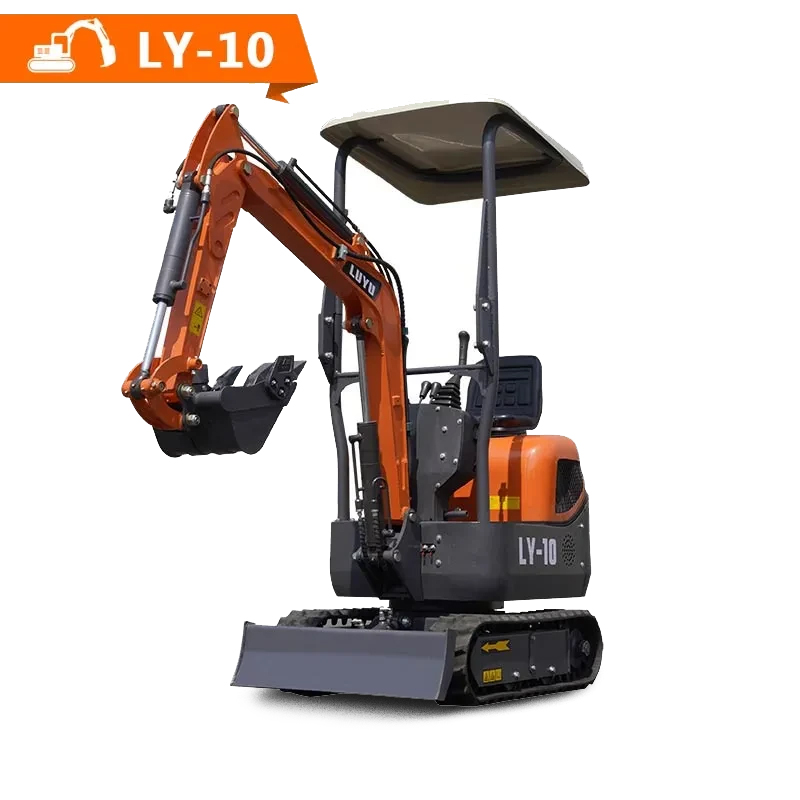NEWS
Why not choose an electric excavator?
Electric loaders continue to rapidly penetrate the industry, highlighting the unusually slow pace of electrification in excavators.With environmental policies becoming increasingly stringent, many regions have banned high-emission equipment from entering. Yet why have electric excavators consistently struggled to gain widespread popularity?
Operational scenarios create inherent disadvantages. Excavator operations are dispersed and often conducted in remote environments where supporting charging infrastructure is virtually nonexistent. While municipal projects benefit from favorable policies, the frequent relocation of equipment makes them highly dependent on external charging stations. Currently, charging station coverage remains low, and field operations frequently face the dilemma of having "no power to charge".
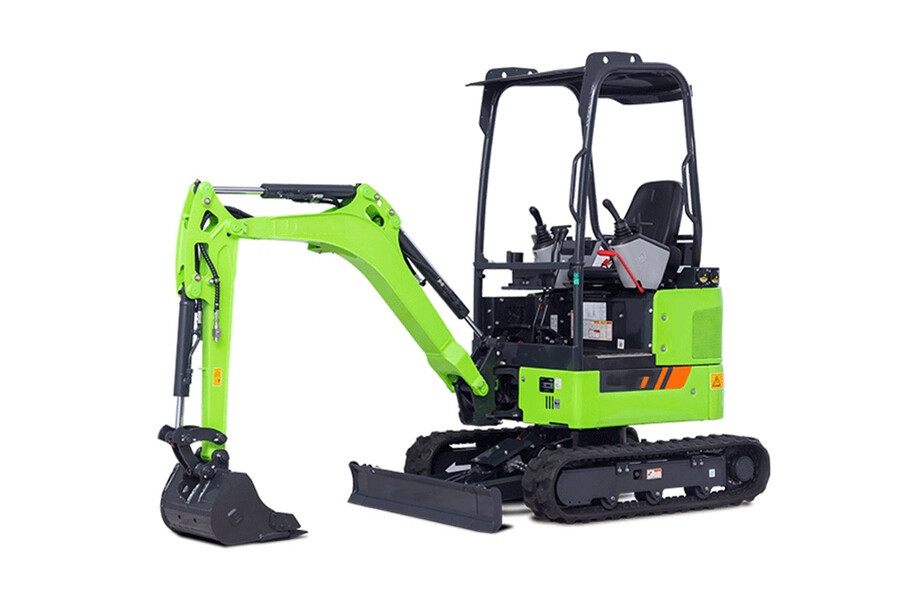
High prices present the first barrier. Compared to electric loaders, electric excavators require larger battery capacities, resulting in higher initial prices. Their acquisition costs exceed those of fuel-powered excavators by 30% to 50%. Although operating costs are lower, the payback period still spans 3 to 5 years, deterring most users. Furthermore, battery degradation accelerates under demanding conditions, with replacement costs sometimes exceeding those of a used fuel-powered machine. This significantly reduces the residual value of electric excavators.
Range anxiety remains a significant drawback. Excavators typically operate under prolonged, high-intensity conditions, often running continuously for over 8 hours. Current mainstream electric excavators can only sustain operations for 4 to 6 hours. With battery technology bottlenecks yet to be overcome, working in environments lacking charging infrastructure poses considerable challenges.
LUYU has consistently promoted diesel excavators over electric excavators to clients. This decision reflects our consideration for both our customers and the specific conditions of their work sites. Should you genuinely require an electric excavator, Lu Yu can also accommodate your need.
Tag :
Inquiry
Our manager will contact you within 30 minutes of working hours.
Related products
![LY10 PRO 1 ton mini excavator LY10 PRO 1 ton mini excavator]() LY10 PRO 1 ton mini excavator
LY10 PRO 1 ton mini excavatorEngine BRIGGS&STRATTON Rated power 10KW/13.5HP Operating weight 1000kg Bucket capacity 0.03m³ ![LY75C Wheeled Excavator LY75C Wheeled Excavator]() LY75C Wheeled Excavator
LY75C Wheeled ExcavatorEngine YCF3075-T302 Rated power 55.8KW Operating weight 7000kg Bucket capacity 0.32m³ ![LY35 3-4ton mini excavator LY35 3-4ton mini excavator]() LY35 3-4ton mini excavator
LY35 3-4ton mini excavatorEngine Kubota Rated power 18.5Kw/25HP Operating weight 3810kg Bucket capacity 0.12m³ ![LY10 1 ton mini excavator LY10 1 ton mini excavator]() LY10 1 ton mini excavator
LY10 1 ton mini excavatorEngine type KOOP 192F Rated power 7.6KW/10.5HP Operating weight 1000kg Bucket capacity 0.03 m³
Send Your Inquiry

